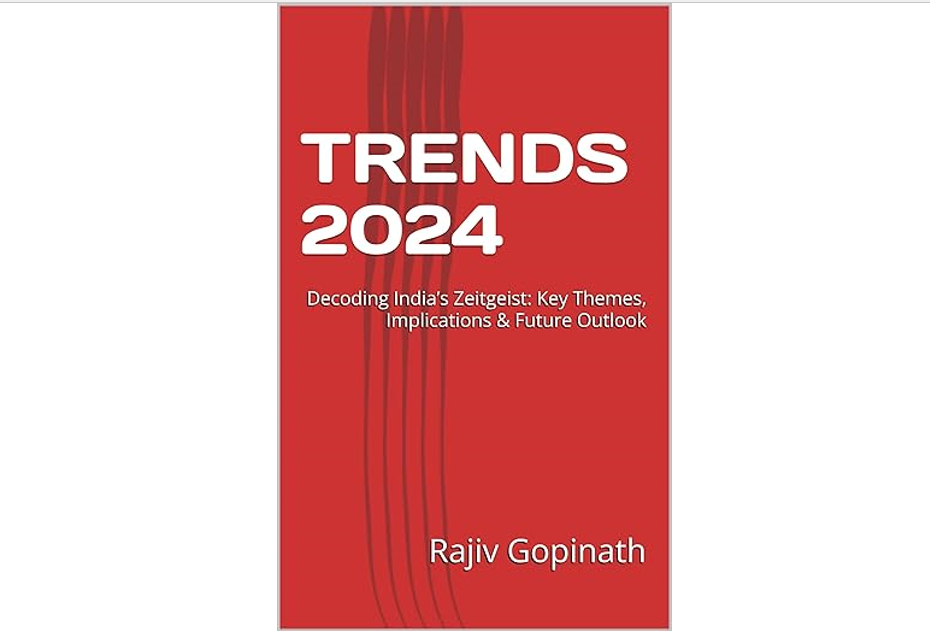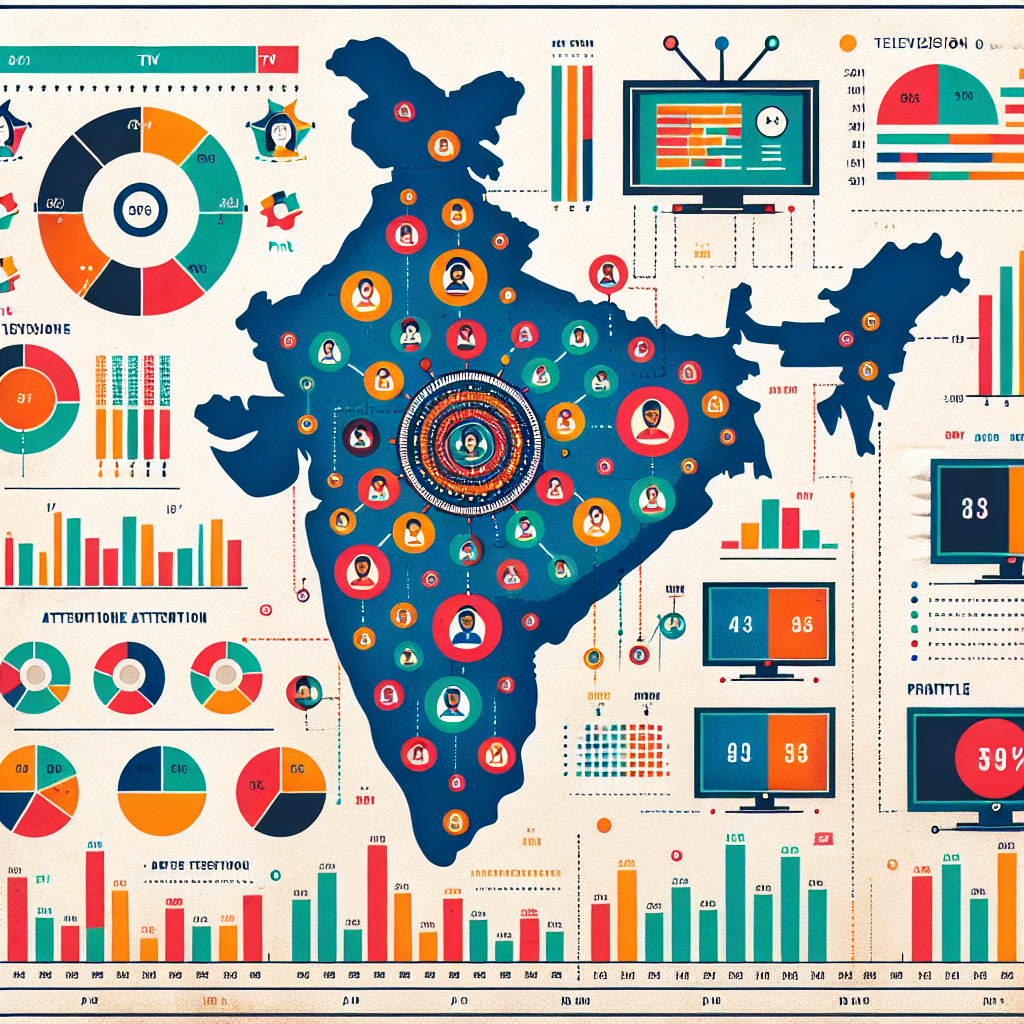How Privacy First Strategies Can Improve Brand Loyalty
Pedro still remembers the moment that changed his perspective on privacy and marketing forever. He was presenting campaign results to a client when an unusual question came from the back of the room. A junior team member asked, “But how do consumers feel about us using their data this way?” The senior executives exchanged uncomfortable glances. In the silence that followed, Pedro realized they had been measuring every metric except the one that might matter most: consumer trust. That night, he began researching the relationship between privacy practices and brand loyalty. What he discovered wasn’t just a compliance requirement but a powerful opportunity to differentiate in an increasingly privacy-conscious marketplace. The question that began as an awkward interruption evolved into a fundamental reimagining of his approach to consumer relationships.
Introduction: Trust as the New Marketing Currency
In today's hyperconnected marketplace, consumer trust has emerged as what Harvard Business Review calls "the ultimate competitive advantage." As privacy concerns intensify—with 86% of consumers expressing growing concern about data privacy according to the Edelman Trust Barometer—organizations face a pivotal choice: treat privacy as a regulatory burden or leverage it as a strategic opportunity to build deeper brand loyalty.
This paradigm shift extends beyond mere compliance with regulations like GDPR or CCPA. As Professor Daniel Solove of George Washington University Law School notes, "Privacy isn't just about hiding things; it's about creating the appropriate social boundaries that enable the relationships we value." For marketers, this reconceptualization of privacy transforms it from a legal constraint into a foundation for authentic consumer relationships.
The evidence increasingly demonstrates that privacy-first strategies don't merely protect brands from regulatory risk—they actively enhance consumer trust, increase engagement, and ultimately drive superior business outcomes in an era where data collection practices face unprecedented scrutiny.
1. The Trust-Loyalty Connection: Quantifying the Privacy Premium
Research consistently demonstrates that privacy practices directly impact consumer loyalty metrics. The Cisco Consumer Privacy Survey revealed that privacy-conscious brands experience 71% lower customer churn rates and 28% higher average purchase values compared to privacy-laggard competitors.
This "privacy premium" manifests across industries but is particularly pronounced in data-intensive sectors. As McKinsey's Consumer Trust Index indicates, financial services organizations with top-quartile privacy practices achieve Net Promoter Scores averaging 25 points higher than bottom-quartile counterparts.
Wharton marketing professor Peter Fader explains this connection: "Privacy respect signals organizational values. When consumers believe a brand shares their values regarding their personal information, the psychological foundation for loyalty strengthens significantly."
2. Transparency as Strategy: From Privacy Policies to Trust Narratives
Leading organizations have transformed privacy communications from legal obligations into strategic trust-building opportunities. Apple's privacy campaign—"Privacy. That's iPhone."—exemplifies this approach, elevating privacy from a compliance function to a core brand differentiator.
Similarly, Patagonia's "Your Data Should Be None of Our Business" initiative redesigned their consent flows around plain-language explanations of data usage, resulting in what CEO Ryan Gellert describes as "higher consent rates, greater newsletter engagement, and more meaningful customer relationships."
Professor Karen Yeung of the University of Birmingham identifies three elements of effective privacy transparency:
- Value-centric explanations that connect data usage to customer benefits
- Graduated disclosure that provides appropriate detail at each decision point
- Interactive controls that transform passive consent into active preference expression
These approaches replace traditional privacy policies—which Deloitte research indicates are read by less than 6% of consumers—with engaging narratives that build trust through genuine transparency.
3. The New Value Exchange: Consensual Data Relationships
Privacy-first marketing establishes what the MIT Technology Review terms a "fair value exchange" between consumers and brands. Rather than surreptitiously gathering data, leading organizations explicitly demonstrate the value consumers receive when sharing information.
Starbucks' approach exemplifies this evolution. Their mobile application clearly articulates how location data powers personalized offerings, resulting in what CMO Brady Brewer calls "informed opt-in rates exceeding 84%—substantially higher than industry benchmarks."
The Netflix interface similarly demonstrates value exchange through transparency, explaining how viewing history improves recommendations. This approach generated what former CEO Reed Hastings described as "the virtuous cycle of data sharing—better information leads to better experiences, which encourages further consensual data sharing."
4. Trust-Building Technology: Privacy-Enhancing Architectures
Technical architecture increasingly serves as the foundation for privacy-first strategies. Innovative approaches including:
- Edge computing: Processing data on user devices rather than company servers
- Data minimization: Collecting only essential information
- Purpose limitation: Using data only for explicitly disclosed purposes
- Privacy-preserving analytics: Extracting insights without exposing individual data
Microsoft's implementation of differential privacy—adding calculated "noise" to datasets to protect individual identity while maintaining analytical accuracy—exemplifies how technical choices support privacy commitments. As Chief Privacy Officer Julie Brill noted, "Our architecture reflects our values. Privacy-preserving technology demonstrates commitment beyond what privacy policies alone can convey."
5. Organizational Transformation: From Privacy Functions to Privacy Cultures
Organizations achieving the highest trust premiums have evolved beyond siloed privacy functions to develop comprehensive privacy cultures. Salesforce's "Privacy by Design" framework extends responsibility beyond legal and security teams to product designers, marketers, and customer service representatives.
This cultural approach delivers significant advantages in consumer perception. Deloitte's Privacy Culture Assessment indicates organizations with developed privacy cultures receive 41% higher consumer trust ratings and recover 53% faster from data-related incidents compared to organizations treating privacy as merely a compliance function.
Conclusion: The Competitive Advantage of Trust
Privacy-first strategies represent more than risk mitigation—they provide a foundation for sustainable competitive advantage in an increasingly privacy-conscious marketplace. As consumer awareness of data practices grows and regulatory requirements intensify, organizations that demonstrate genuine commitment to privacy build deeper loyalty, encourage consensual data sharing, and establish more durable customer relationships.
The evidence increasingly suggests that privacy and personalization are not opposing forces but complementary approaches to meaningful consumer relationships. As Professor Shoshana Zuboff of Harvard Business School observes, "The most successful digital companies of the next decade will be those that abandon surveillance-based business models in favor of trust-based alternatives."
Call to Action
For marketing leaders seeking to build privacy-driven loyalty, three priorities emerge:
- Conduct a comprehensive privacy impact assessment focusing not just on compliance but on consumer perception of data practices
- Redesign privacy communications to emphasize value exchange and demonstrate genuine respect for consumer agency
- Integrate privacy considerations into product development, marketing planning, and customer service training to build a comprehensive privacy culture
The organizations that execute on these priorities will transform privacy from a regulatory obligation into a powerful catalyst for consumer trust and enduring brand loyalty.
Featured Blogs

TRENDS 2024: Decoding India’s Zeitgeist: Key Themes, Implications & Future Outlook

How to better quantify attention in TV and Print in India

AI in media agencies: Transforming data into actionable insights for strategic growth

How the Attention Recession Is Changing Marketing

The New Luxury Why Consumers Now Value Scarcity Over Status

The Psychology Behind Buy Now Pay later

The Rise of Dark Social and Its Impact on Marketing Measurement

The Role of Dark Patterns in Digital Marketing and Ethical Concerns








